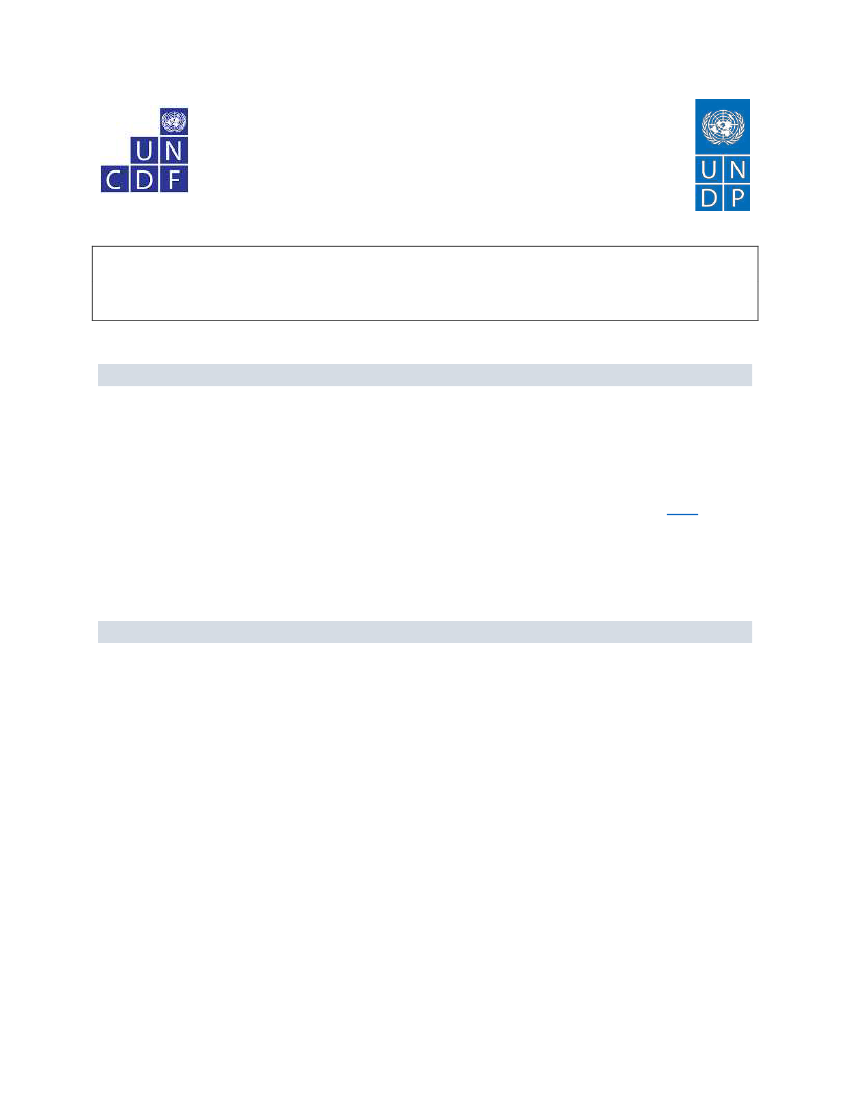
Guidance note: High-impact MSME programmatic intervention options
–
last updated: 9 April 2020
COVID 19 - Guidance Note
High-impact MSME programmatic intervention options
Objective
To provide an overview of high-impact programmatic intervention options to support micro,
small and medium enterprises (MSMEs) prepare, respond and recover from COVID-19. The
interventions introduced here target stabilizing and sustaining livelihoods and employment, as
well as companies and social enterprises that directly contribute to fighting the Covid-19 crisis.
Interventions are framed around the three objectives of the UNDP response to COVID 19, which
aims to help countries to
prepare, respond
and
recover.
Tools and examples added:
here.
This Guidance Note complements Guidance Note #3: Overview of Assessment Tools for COVID-
19 impacts on value chains, SMEs and livelihoods. Based on results from the assessments,
intervention options described in this Guidance Note can be considered and adapted.
Intervention options
UNDP’s
overall approach to supporting MSMEs centers around 5 pillars:
1.
2.
3.
4.
5.
Provide forward-looking market intelligence
Facilitate market access and build inclusive markets including with larger companies
Accelerate digital transformation
Deploy financing for MSMEs and local governments with UNCDF
Strengthen ecosystem for MSMEs to survive and grow.
Pillars can be pursued with national and local govts, directly with MSMEs, and with large
companies to better include and support MSMEs in their supply chain.
A range of intervention options for each pillar are mapped below:
1